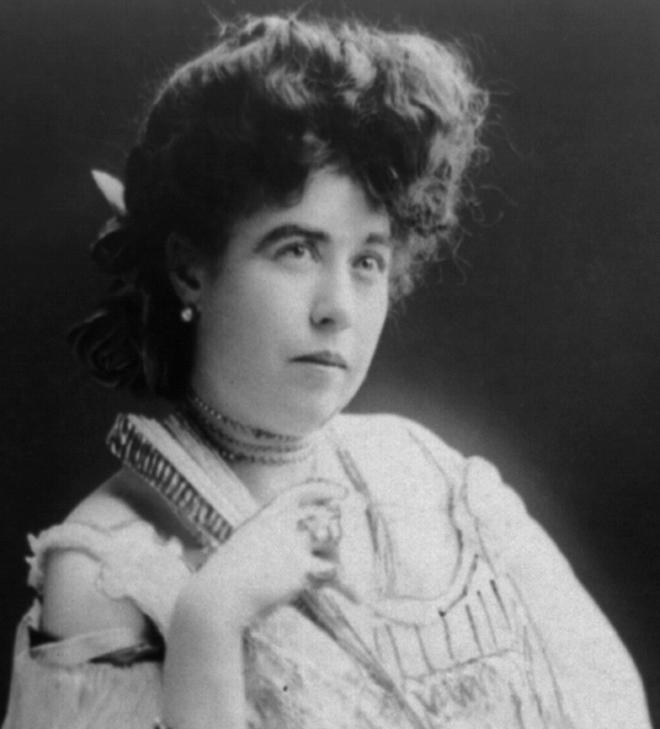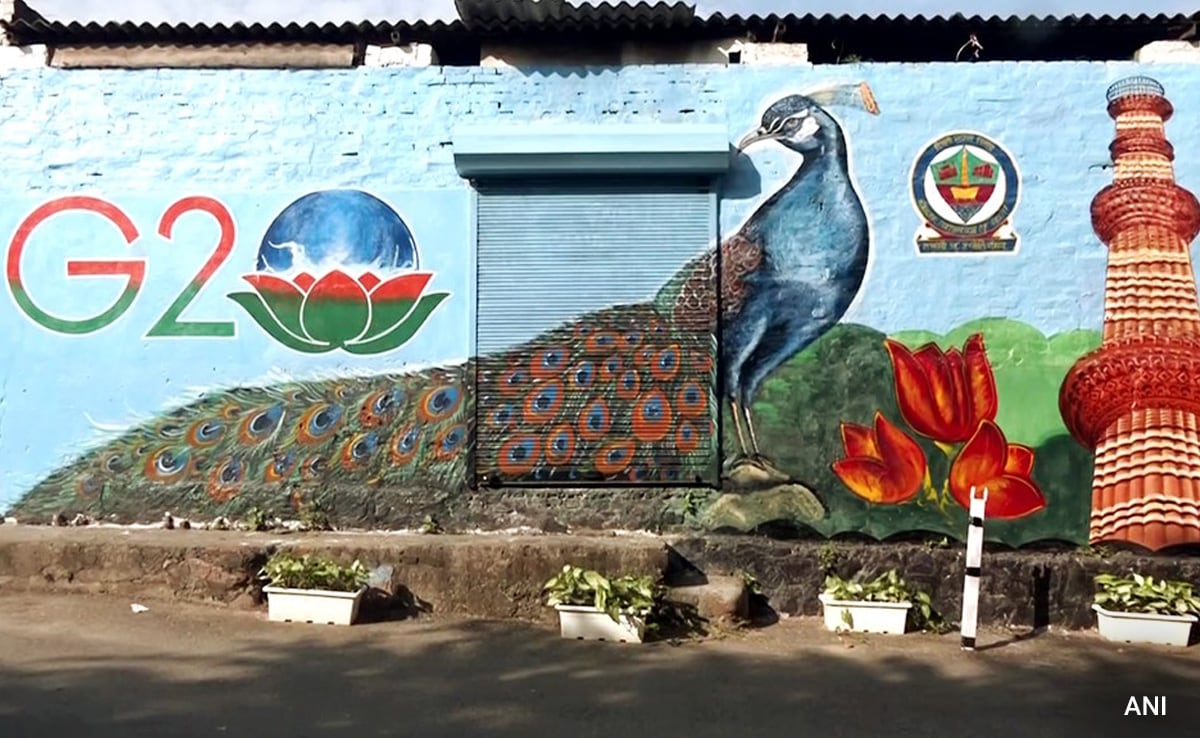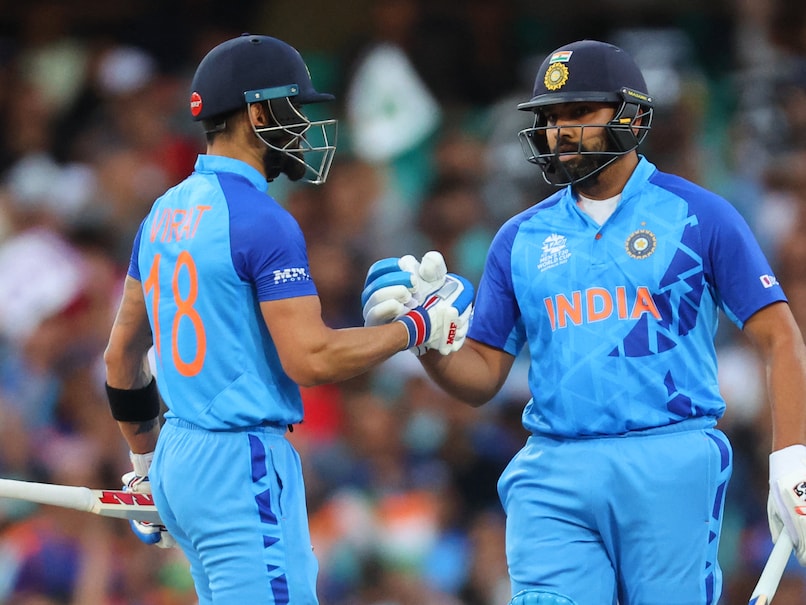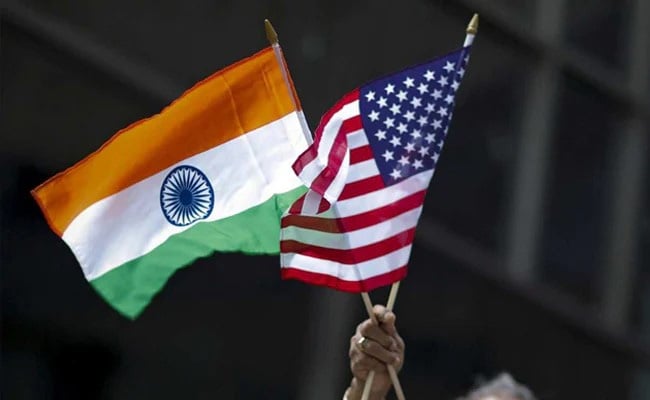The bill received 454 votes in favour and only two votes against it.
New Delhi:
The Women’s Reservation Bill, passed in the Lok Sabha yesterday, is set for another litmus test today in the Rajya Sabha on Day 4 of the special session of Parliament.
Here are 10 points on this big story:
-
The Lok Sabha overwhelmingly passed the bill yesterday to reserve one-third of seats for women in the Lok Sabha and state assemblies, despite opposition demands to extend similar benefits to Other Backward Classes (OBCs) and implement the measure before next year’s general elections.
-
The bill received 454 votes in favour and only two votes against it on Day 3 of the five-day special session of Parliament commemorating India’s 75th anniversary of independence. The bill will be presented in the Rajya Sabha today.
-
The bill finally cleared the Lok Sabha after decades of attempts. The UPA government led by Manmohan Singh introduced the bill in the Rajya Sabha in 2008, where it was passed in 2010. However, it never reached the Lok Sabha for consideration.
-
The historic women’s quota bill which proposes a 33% reservation for women in Parliament and state legislatures, may not come into effect until 2029.
-
The women’s quota can only be implemented after the first delimitation of constituencies following the passage of the Women’s Reservation Bill. This is likely to occur in 2027, as delimitation is only conducted after the next census.
-
The potential delay has provided fodder to the Opposition parties who have demanded an urgent implementation of the bill with a sub-quota for OBCs.
-
Opening the debate in Parliament yesterday, Congress parliamentary party chief Sonia Gandhi said, “For the last 13 years, Indian women have been waiting for their political responsibilities, and now they are being asked to wait for a few more years — two years, four years, six years, eight years.”
-
Congress leader Rahul Gandhi said, “Two things seem strange. One, the Idea that you need new census for this bill and new delimitation and I think this bill can be implemented today. I wonder this is not designed to push it forward by seven or eight years and let it play out the way it does.”
-
Union Home Minister Amit Shah said that both delimitation and census will begin after the next general election. “Let us rise above partisan politics to give women the respect they deserve. Earlier they have been left disappointed four times by Parliament. Let this bill be passed unanimously,” Mr Shah said.
-
Prime Minister Narendra Modi hailed the passage of the bill with overwhelming support, thanking MPs across party lines for their vote. “I thank MPs across Party lines who voted in support of this Bill. The Nari Shakti Vandan Adhiniyam is a historic legislation which will further boost women empowerment and will enable even greater participation of women in our political process,” the PM posted on X.
Post a comment



















